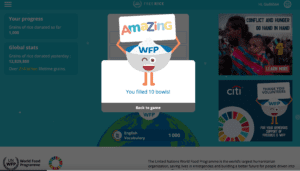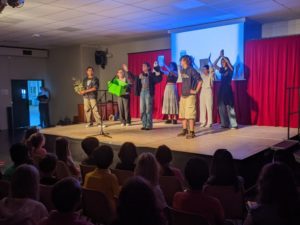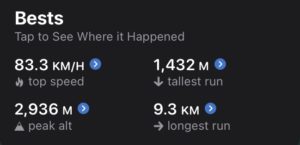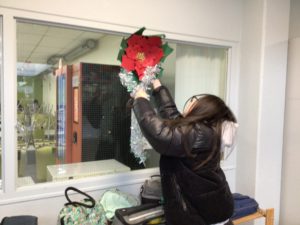CAS stands for Creativity, Activity, Service and is among the essential elements that students must complete as part of the IB Diploma Programme (DP). CAS helps students to change and to see the world differently. For many, CAS is the highlight of the IB Diploma Programme.
The ISL CAS Programme Coordinator is Mr. Dunn, who has been mentoring High School students with their CAS experiences for over 9 years.
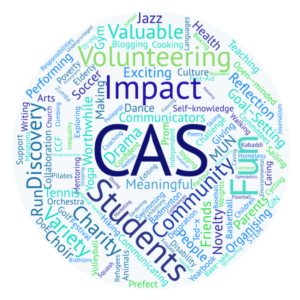
An opportunity to have the things you do outside of academics recognized (CAS as a ‘balance’ to your academic life).
An opportunity to try some new activities and see new places/faces (e.g. ‘I’ve never tried tennis, but have always wanted to’).
A chance to help others with volunteer service and make a small, but positive difference in the world.
The chance to show your creative side (e.g. ‘Time to finally learn to play the guitar’).
Students choose a variety of CAS experiences through grades 11 and 12 and the IB expects regular engagement with CAS. They have free choice with the experiences they wish to pursue.
Most importantly, students have to meet the CAS outcomes to be able to graduate with the full diploma.
Exploring and extending ideas, leading to an original or interpretive product or performance
Creating something (from the mind):
Physical exertion contributing to a healthy lifestyle
Breaking a sweat! (from the body):
Collaborative and reciprocal engagement with the community in response to an authentic need
Helping others (from the heart):
Some CAS experiences may involve multiple strands. For example, sewing face masks would be both Creativity and Service. A sponsored swim would be Activity and Service. The best experiences address all 3 strands.
Students have to enter details of their experiences onto their ManageBac portfolios, showing evidence of meeting the 7 learning outcomes:
Each individual CAS experience does not need to meet all of the learning outcomes; however, the collective experiences must have addressed all of the outcomes. Evidence will include text reflections, audio files, video files, photos, vlogs, podcasts etc. Quality reflections help students consider how their actions have impacted themselves as learners as well as how they have affected others. You can see some sample CAS reflections here.
